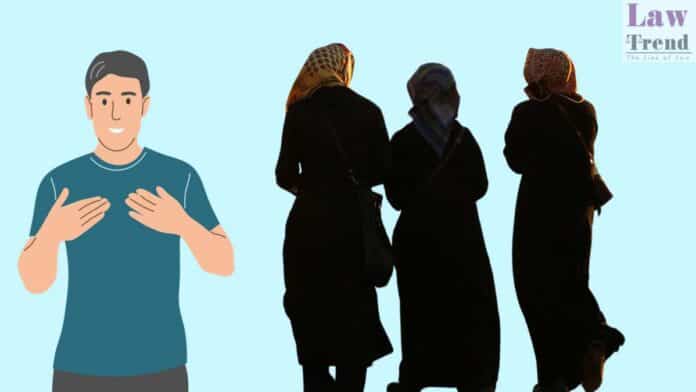The Kerala High Court, in a significant judgment delivered on September 15, 2025, has ruled that a man whose livelihood is begging cannot be legally compelled to pay maintenance to his wife. While upholding a Family Court order to this effect, Justice P.V. Kunhikrishnan made extensive observations on the practice of polygamy within the Muslim
To Read More Please Subscribe to VIP Membership for Unlimited Access to All the Articles, Download Available Copies of Judgments/Order, Acess to Central/State Bare Acts, Advertisement Free Content, Access to More than 4000 Legal Drafts( Readymade Editable Formats of Suits, Petitions, Writs, Legal Notices, Divorce Petitions, 138 Notices, Bail Applications etc.) in Hindi and English.




